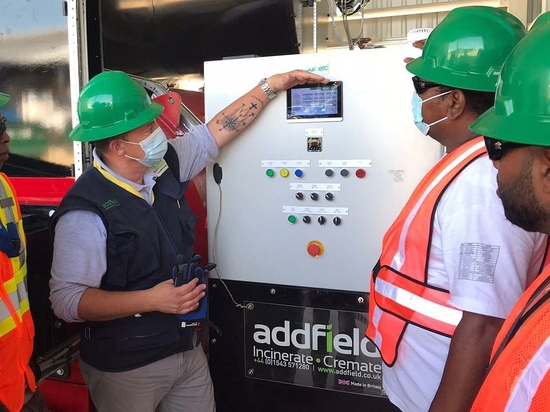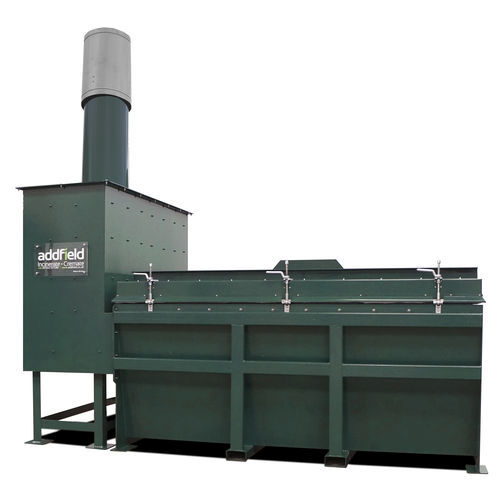
#Industry News
Escalating outbreaks of Newcastle Disease in Colombia
A potential state of emergency in poultry farming.
For the last couple of months when most people have been thinking about Poultry, Turkey was at the front of their minds. However many countries have been seeing an increase in Newcastle disease, which if you weren’t aware is a viral problem similar to Avian Flu. With Colombia declaring a state of emergency following its latest outbreak, which began in December 2017 and has escalated in the early days of 2018.
While Newcastle Disease Virus (NDV) also know as Avian Pneumoencephalitis may not be as well known as Avian Flu, it can be just as devastating to livestock and the impact can be just as damaging with control of movement and quarantine just parts of the measures imposed to control it.
Newcastle Disease is an infection that affects domestic poultry and other bird species. Infecting birds worldwide it is especially damaging in Asia, Africa and some countries in North and South America. With outbreaks manageable through strict biosecurity measures and rapid response to any infections. It is a disease that needs to be monitored and contained as it can lead to trade restrictions if it becomes severe enough.
With the effects of NDV depending very much upon the age and strength of the birds the symptoms can manifest as watery greenish diarrhea, sickness, respiratory difficulty, depression, paralysis, tremors and ultimately death, with mortality rates seen as high as 100% in rare instances. NDV mainly impacts chickens with waterfowl being the most resistant to the disease, however, strains have been known to adapt to some species with devastating results.
An NDV outbreak can be prevented and avoided through appropriate inoculation of birds with treatments available at all stages of their lifecycle. With vaccines being available for Chickens, Turkeys, and Pigeons. Once an infection is discovered the biosecurity measure imposed can be very similar to Avian Flu with the restriction on movement of birds and destruction of fallen stock. This is due to the way the virus can spread being very similar, through infected birds, and the risks caused by incorrectly cleaned farming equipment and the unregulated movement of people and feed when not following appropriate biosecurity measures.
As with all livestock, the key factor when an infection is found is rapid response, having a plan in place to handle any fallen stock and to be in a position to restrict visitors to site. Through managing on-site incineration of fallen stock not only being a cost saving exercise but a time saving one as well.
In addition to these outbreaks, traditional Avian Flu is still refusing to go away with fresh infections continuing to be highlighted daily with the latest being across Asia and Europe where worryingly new strains of HPAI having been detected for the first time. With more than 115,000 birds being affected and a further 700,000 birds due to be culled to prevent further outbreaks in South Korea alone.
As with all viral outbreaks, there are measures in place to help prevent the risk of infection starting with having a strong Biosecurity plan in place. With our Agricultural range famous for use in such times what are you doing to protect your livestock and livelihood?







